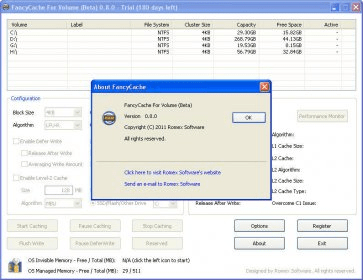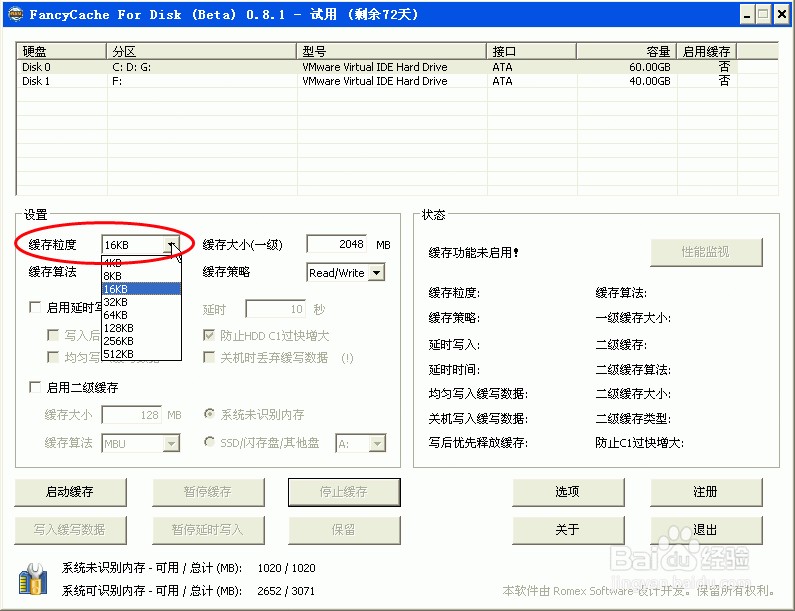
Go out and buy a 500GB or larger SSD for your boot drive and applications/games. You're dicking around with a bunch of half measures and bad solutions. Mary mother of god make it stop! All that does is put a swap file on a different drive for faster (and concurrent) access. SSD caching is of marginal benefit.ĭude, it's, Windows 7 or 10 if you must. Just get a big enough SSD to make it the boot drive. Could someone verify that? Does anyone know of a good SSD caching solution? I also get the sneaking suspicion that this configuration isn't going to do what I want it to do. However, since the feature seems to be limited to 32GB, I've also moved the pagefile to the SSD as well. What I've done now is dedicated the M4 SSD as a ReadyBoost drive. I've also seen 3rd party software caching solutions, but none appeal to me, as they all seem to be paid software, which is quite frankly way out of my non-existent budget. It seems to be what I want - to cache system files to the SSD to speed up boot performance and what not. I discovered Windows Vista had a ReadyDrive (or NV caching) feature, but I can't seem to find a way to configure it, nor find any mention of it within Windows 7 for that matter. If it is somehow compatible, could someone let me know? I also recall the SSD caching feature debuted on Z68, and if memory serves, the SSD caching is not compatible on older chipsets.


I recall Intel having a good solution in the form of the Smart Response Technology, which is supposedly compatible with their 5-series of chipsets, which includes the H55 if I'm not mistaken. I want to get use out of the SSD, so I'm looking for a caching solution. I doubt the person I have in mind for this setup will have the patience or technical know-how to deal with it either. MSI GTX 570 (reference/blower) / EVGA GTX 760 ACX SC.įrom personal experience, 64GB SSDs don't cut it as system drives as a modern Win7 圆4 will easily chew through 40GB, especially with all the updates.So far I have it's working, but I'm working on optimizing and benchmarking, then OCing, followed by more benchmarking. I'm working a project - I had some extra hardware laying around that I couldn't get rid of so I bought some other parts to see if I can get a capable gaming machine out of it. I had trouble categorizing this, especially since there are hardware, firmware, and software implementations but I think it's ultimately a software issue here.


 0 kommentar(er)
0 kommentar(er)
